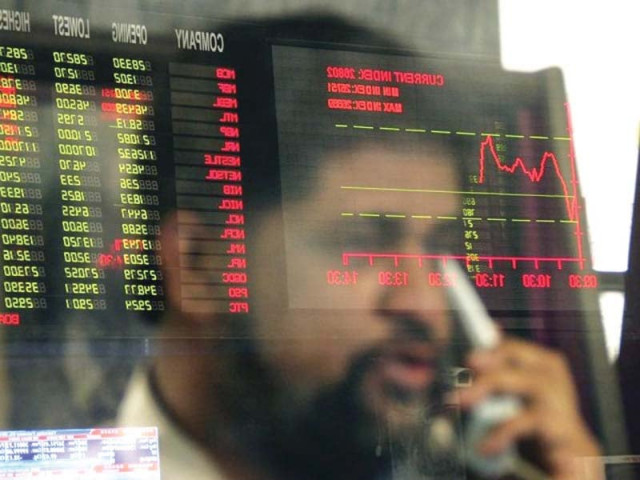
Speaking to The Express Tribune in an interview, Naqvi said that the government securities have failed to attract retail investors on the bourse because banks are not interested in promoting their retail trading.
“Being the biggest holders of government securities, banks inevitably represent one side of the transaction. But few of them have shown real interest so far,” he said.
As on February 28, scheduled banks owned 86% of treasury bills, 69.6% of Pakistan Investment Bonds (PIBs) and 91.9% of Ijara Sukuks. The rest of the ownership is divided between insurance companies, mutual funds and corporate entities.
Collectively, banks hold more than 76% of government securities. These government securities consist of roughly 39% of the total assets of all banks.
Although secondary trading of government papers on the KSE’s Bonds Automated Trading System (BATS) platform began in February 2014, trade volumes have remained low for a variety of reasons.
According to the KSE managing director, banks facilitate only their high net worth individual clients in trading government securities through the stock exchange. The reason is simple: retail banking in Pakistan is structured around incentives for branch managers for generating deposits. “Banks are afraid of cannibalisation,” Naqvi said.
Primary market
The federal government regularly issues PIBs and holds auctions for market treasury bills to meet its borrowing needs. Selected banks and financial institutions that participate in the primary market for government securities are called ‘authorised primary dealers’.
For fiscal year 2014-15, the State Bank of Pakistan has appointed 11 banks/financial institutions as primary dealers of government securities.
Secondary market
Currently, secondary market transactions take place among these institutions as well as non-banking institutions through the Bloomberg Bulletin Board facility on a counter-party risk basis, also known as over-the-counter (OTC).
Finance Minister Ishaq Dar launched the new mechanism for trading of government securities on the bourse to enable retail investors to invest in government papers using the settlement process of the Central Depository Company (CDC).
All primary dealers are now allowed to carry out proprietary trading of government securities through workstations given by the exchange for this purpose. They are also supposed to act as market-makers on the exchange for government securities.
ETFs
Naqvi said a proposal is under consideration whereby banks will be allowed to launch exchange traded funds (ETFs) based on their government securities portfolio.
Tracking its underlying asset, a typical ETF is a marketable security that is traded on the stock exchange just like a regular share. An ETF will allow retail investors to take exposure to the sovereign debt market, as banks are sitting on huge piles of government papers while the interest rate-driven price volatility in these instruments is also low.
Thin margins
Other than banks, brokers too have little interest in developing the government debt market, Naqvi said. “A majority of them are equity brokers. They find government securities less charming because money market brokerage generally involves thin margins,” he noted.
According to the CEO of a large brokerage house, most players in the equity market are against the idea of facilitating trade in government securities through the exchange because of an already small number of equity investors in the country.
Encouraging equity investors to trade government papers will only reduce liquidity from the share market, he noted.
THE WRITER IS A STAFF CORRESPONDENT
Published in The Express Tribune, April 6th, 2015.
Like Business on Facebook, follow @TribuneBiz on Twitter to stay informed and join in the conversation.





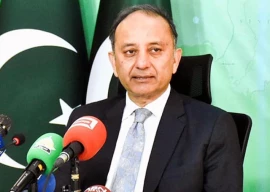



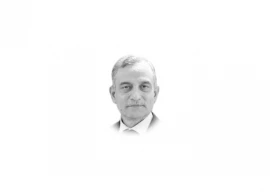
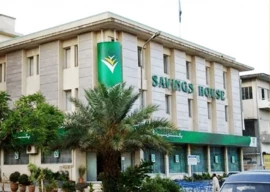
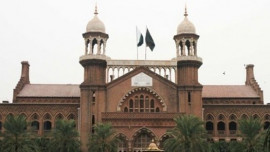
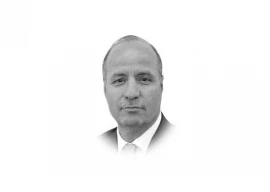




COMMENTS
Comments are moderated and generally will be posted if they are on-topic and not abusive.
For more information, please see our Comments FAQ